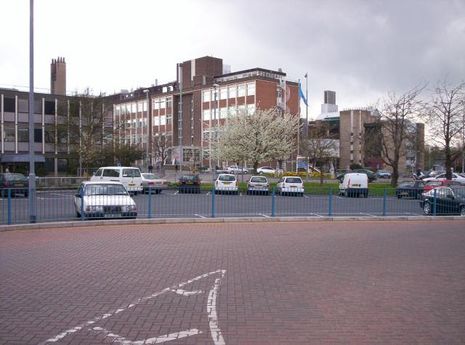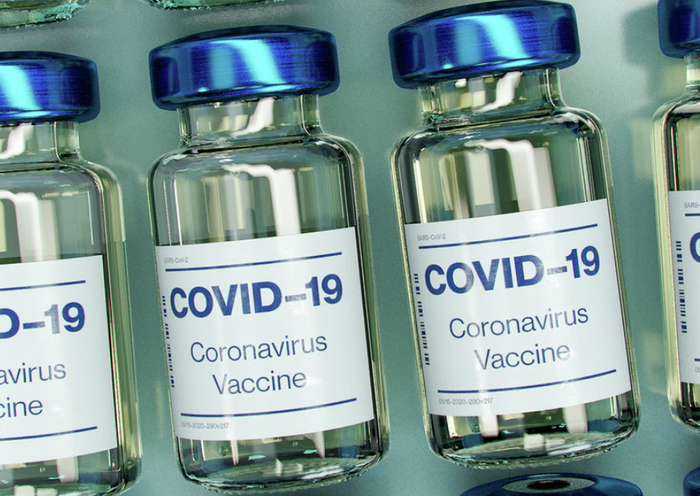Cambridge University Hospitals to hold booster vaccine trials
The trials will use volunteers to study the effect of administering a third vaccine

Cambridge University Hospitals (CUH) will be running trials to look at the impact of administering a third coronavirus vaccine. Volunteers will receive a booster jab through the government-funded clinical trial launching this week.
The trial is to be hosted at the CUH NHS Foundation Trust and led by the University Hospital Southampton NHS Foundation Trust. It will be the first study in the world to provide data on the impact of a third vaccine on patients’ immune responses.
Prof Krishna Chatterjee, Director of NIHR Clinical Research Facility in Cambridge, who will be leading the trial at CUH, said: “Following the exemplary work our Cambridgeshire teams have already carried out to find effective vaccines for Covid-19, we are excited to now be able to offer the chance to take part in this next, vital study to people in the region.”
The Cov-Boost trial will look at seven different Covid-19 vaccines, given at least 10 to 12 weeks after a second dose as part of the ongoing vaccination programme. Each volunteer will receive one booster, which could be a different type to their original vaccine.
The results of the study, expected in September, will help scientists to understand the efficacy of different boosters, and will inform decisions by the Joint Committee on Vaccination and Immunisation (JCVI) on any potential booster programme from autumn this year.
“We hope as many volunteers as possible who are over the age of 30” continued Chatterjee, “and who’ve already received two doses of a vaccine will join us in this important research.”
Volunteers will be selected from those signed up to the NHS Covid-19 Vaccine Research Registry. Participants will be adults aged 30 years or older and will include those immunised early on in the vaccination programme - including adults aged 75 and over or health and care workers.
Health Secretary Matt Hancock said of the trial: “We will do everything we can to future-proof this country from pandemics and other threats to our health security, and the data from this world-first clinical trial will help shape the plans for our booster programme later this year.”
 News / University Council rescinds University Centre membership20 February 2026
News / University Council rescinds University Centre membership20 February 2026 News / Hundreds of Cambridge academics demand vote on fate of vet course20 February 2026
News / Hundreds of Cambridge academics demand vote on fate of vet course20 February 2026 News / Union cancels event with Sri Lankan politician after Tamil societies express ‘profound outrage’20 February 2026
News / Union cancels event with Sri Lankan politician after Tamil societies express ‘profound outrage’20 February 2026 News / Judge Business School advisor resigns over Epstein and Andrew links18 February 2026
News / Judge Business School advisor resigns over Epstein and Andrew links18 February 2026 News / Caius students fail to pass Pride flag proposal20 February 2026
News / Caius students fail to pass Pride flag proposal20 February 2026










